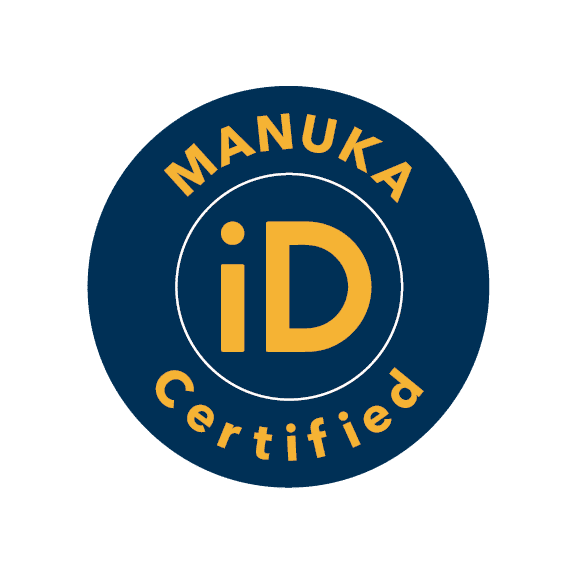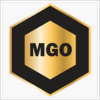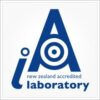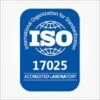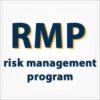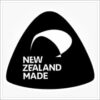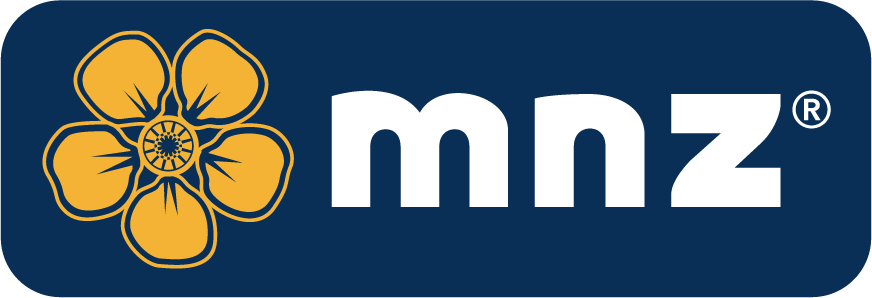MNZ: Commitment to Bee Protection and Exceptional Honey Quality
At MNZ, we prioritize the health and well-being of our precious bees through our dedicated Bee Protection & Health Program. This program reflects our unwavering commitment to sustainable beekeeping, environmental stewardship, and the production of the world’s purest raw, unfiltered, unpasteurized, monofloral Manuka honey.
Caring for Our Bees
MNZ manages over 5,600+ hives, housing millions of bees across rural and pristine areas of New Zealand’s North and South Islands. These hives range from large operations with 80+ colonies to small, remote setups with just a few colonies, strategically placed in regions abundant with Manuka trees.
Our Bee Protection & Health Program includes:
- Employing a specialist apiculturist and seasonal beekeeping inspectors, with assigned areas across both islands.
- Regularly inspecting hives, colonies, and queens for pests like Varroa and Tropilaelaps mites, pathogens such as Nosema, and other viral diseases.
- Ensuring colonies thrive by feeding bees exclusively with their own honey supply, built up mid-season to survive the winter. Supplementary feeding is only provided during extreme winters to ensure hive health and sustainability.
Ensuring Pure and Healthy Honey
The Bee Protection & Health Program enforces strict quality controls to ensure all honey meets the highest standards. Testing parameters include:
- Microbiological elements
- Toxins and pesticides
- Sugars and pollen content
- Moisture, taste, color, and enzyme activity
This ensures that every batch entering and leaving our packaging facility is of exceptional quality.
Regulatory Oversight and Collaboration
MNZ adheres to stringent guidelines set by two key New Zealand agencies:
-
Ministry for Primary Industries (MPI):
- Oversees the country’s food safety system and sets standards for the food industry.
- MNZ participates in MPI’s national screening program, alongside its own batch monitoring.
- Complies with Section 8.0 of the MPI Consolidated List of Tests for Animal Products, which details chemical residue testing for honey.
-
Environmental Protection Authority (EPA):
- Protects bees and other pollinators by regulating the use of insecticides, including neonicotinoids.
- Enforces strict rules to mitigate risks to pollinators and maintain ecological balance.
Remote Hive Placement for Purity
To protect our raw Manuka honey, MNZ places hives in remote, rural, and pristine locations far from farmland. This minimizes exposure to herbicides and pesticides, ensuring the natural purity of the honey.
Extensive Testing for Purity
MNZ honey undergoes comprehensive testing for naturally occurring compounds and trace elements of pesticides. This ensures that our raw honey products are among the purest in the world, meeting and exceeding international quality standards.
Sustainable Packaging and Production
MNZ honey is produced, processed, and packaged in New Zealand, exclusively using BPA-free packaging. By maintaining complete control of the supply chain, we guarantee the quality, integrity, and sustainability of every jar.
MNZ: Pure, Natural, and Uncompromised
Our commitment to bee health, environmental protection, and rigorous quality standards ensures MNZ honey is a product you can trust. With MNZ, you’re not just choosing Manuka honey—you’re choosing the best nature has to offer, cared for by those who value its purity and in
